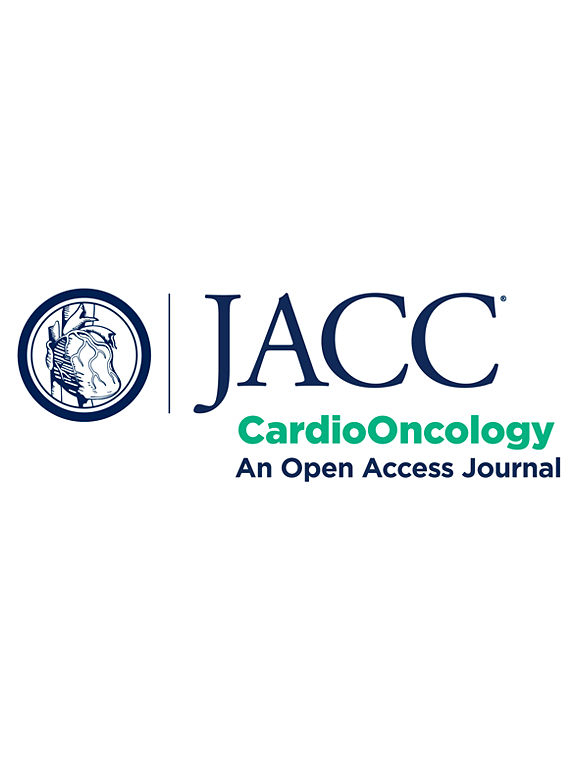癌症治疗前的心血管注意事项
IF 12
1区 医学
Q1 CARDIAC & CARDIOVASCULAR SYSTEMS
引用次数: 0
摘要
在开始使用具有潜在心脏毒性的癌症疗法之前进行基线心血管评估是心脏肿瘤学的一个关键组成部分,其目的是减少患者和幸存者的心血管并发症和发病率。最近的临床实践指南为心血管毒性基线风险评估和管理提供了一般建议和针对特定癌症疗法的建议,包括使用专门的风险评分、心血管成像和生物标志物检测。然而,这些干预措施在改变疾病轨迹方面的价值尚未得到证实,许多建议都是基于专家意见或证据等级:C,即可能存在高偏倚风险的研究。随着人们对心脏毒性潜在机制认识的不断深入,以及基因和免疫分析技术的日益普及,为个性化风险评估带来了新的机遇。本文评估了癌症患者在接受心脏毒性癌症治疗前进行心血管护理的现有证据,并强调了证据差距和未来研究的重点。本文章由计算机程序翻译,如有差异,请以英文原文为准。
Cardiovascular Considerations Before Cancer Therapy
Baseline cardiovascular assessment before the initiation of potentially cardiotoxic cancer therapies is a key component of cardio-oncology, aiming to reduce cardiovascular complications and morbidity in patients and survivors. Recent clinical practice guidelines provide both general and cancer therapy–specific recommendations for baseline cardiovascular toxicity risk assessment and management, including the use of dedicated risk scores, cardiovascular imaging, and biomarker testing. However, the value of such interventions in altering disease trajectories has not been established, with many recommendations based on expert opinion or Level of Evidence: C, studies with a potential for high risk of bias. Advances in understanding underlying mechanisms of cardiotoxicity and the increased availability of genetic and immunologic profiling present new opportunities for personalized risk assessment. This paper evaluates the existing evidence on cardiovascular care of cancer patients before cardiotoxic cancer therapy and highlights gaps in evidence and priorities for future research.
求助全文
通过发布文献求助,成功后即可免费获取论文全文。
去求助
来源期刊

Jacc: Cardiooncology
Multiple-
CiteScore
12.50
自引率
6.30%
发文量
106
期刊介绍:
JACC: CardioOncology is a specialized journal that belongs to the esteemed Journal of the American College of Cardiology (JACC) family. Its purpose is to enhance cardiovascular care for cancer patients by publishing high-quality, innovative scientific research and sharing evidence-based knowledge.
The journal aims to revolutionize the field of cardio-oncology and actively involve and educate professionals in both cardiovascular and oncology fields. It covers a wide range of topics including pre-clinical, translational, and clinical research, as well as best practices in cardio-oncology. Key areas of focus include understanding disease mechanisms, utilizing in vitro and in vivo models, exploring novel and traditional therapeutics (across Phase I-IV trials), studying epidemiology, employing precision medicine, and investigating primary and secondary prevention.
Amyloidosis, cardiovascular risk factors, heart failure, and vascular disease are some examples of the disease states that are of particular interest to the journal. However, it welcomes research on other relevant conditions as well.
 求助内容:
求助内容: 应助结果提醒方式:
应助结果提醒方式:


